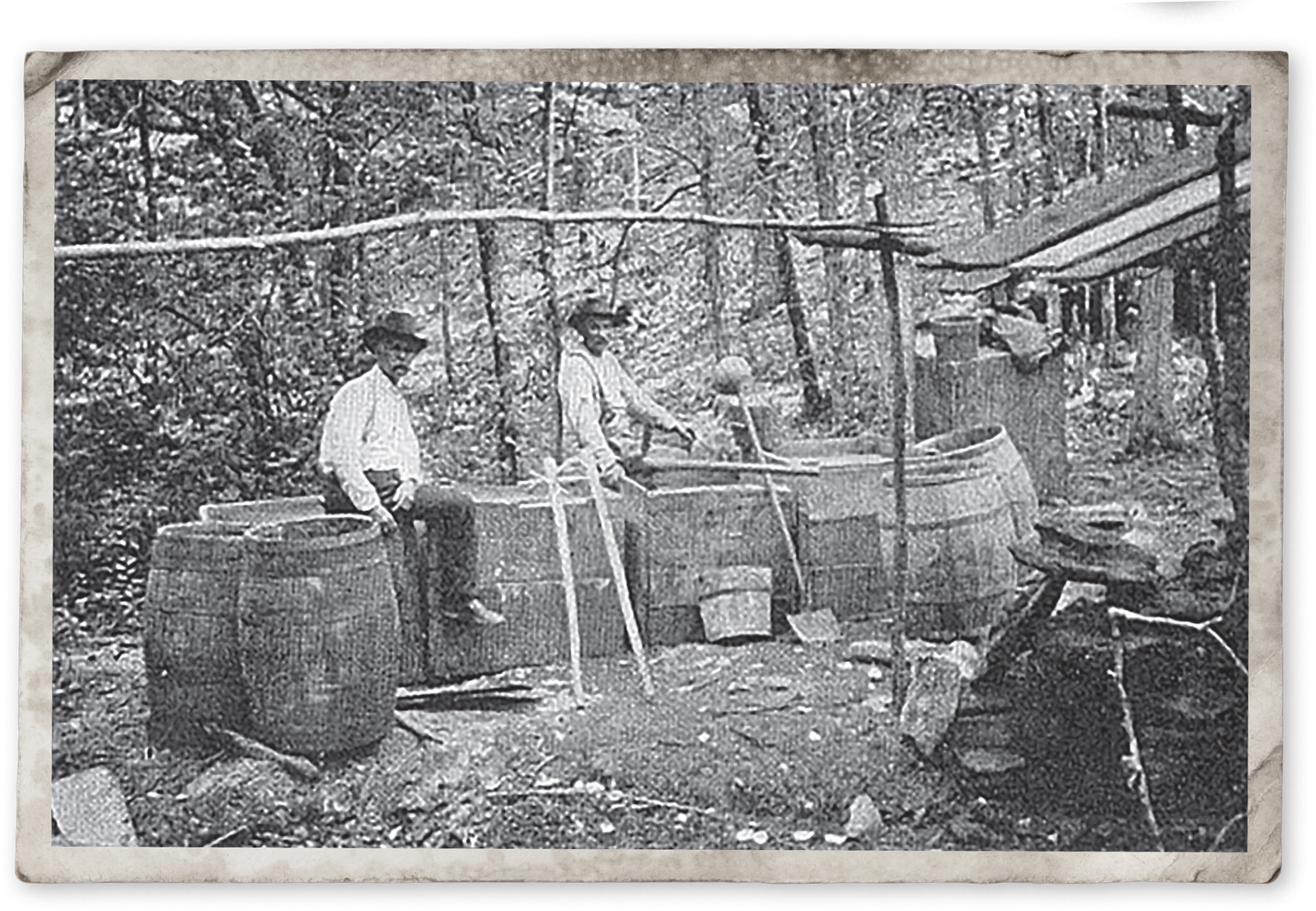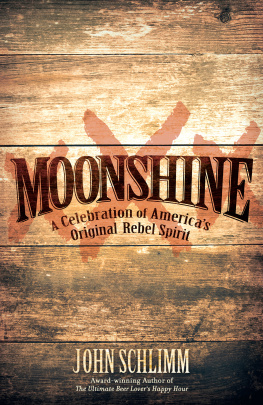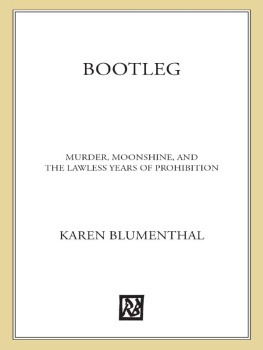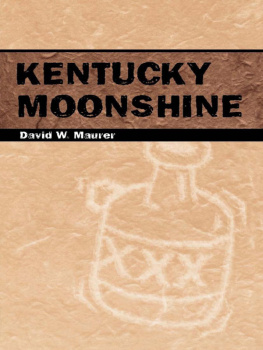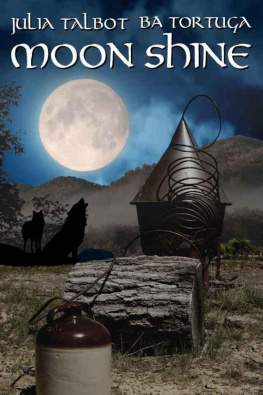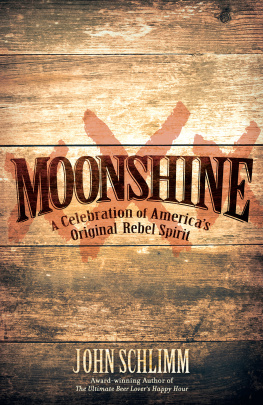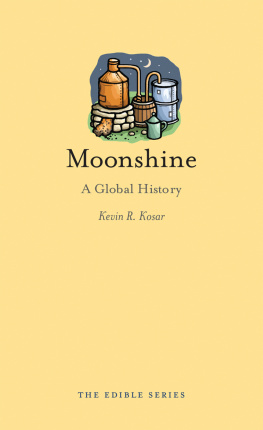Contents

CONTENTS

To the extent recipes in this book include ingredients identified by the trademarks owned by others, no endorsement of this book or the recipes by such owners is suggested or implied, and all rights of every kind in and to such trademarks remain with the respective trademark owners.
CITADEL PRESS BOOKS are published by
Kensington Publishing Corp.
119 West 40th Street
New York, NY 10018
Copyright 2018 John Schlimm
Design and production by Koechel Peterson and Associates, Minneapolis, Minnesota
All rights reserved. No part of this book may be reproduced in any form or by any means without the prior written consent of the publisher, excepting brief quotes used in reviews.
All Kensington titles, imprints, and distributed lines are available at special quantity discounts for bulk purchases for sales promotions, premiums, fund-raising, educational, or institutional use.
Special book excerpts or customized printings can also be created to fit specific needs. For details, write or phone the office of the Kensington sales manager: Kensington Publishing Corp., 119 West 40th Street, New York, New York 10018, attn.: Sales Department; phone 1-800-221-2647.
CITADEL PRESS and the Citadel logo are Reg. U.S. Pat. & TM Off.
ISBN-13: 978-0-8065-3919-5
ISBN-10: 0-8065-3919-4
First Citadel hardcover printing: October 2018
10 9 8 7 6 5 4 3 2 1
Printed in the United States of America
Library of Congress CIP data is available.
First electronic edition: October 2018
ISBN-13: 978-0-8065-3921-8
ISBN-10: 0-8065-3921-6

Moonshine by any other name
White lightning, hooch, mountain dew, wildcat, skullpop, stump water, mothers milk, corn liquor, shine, tangleleg, soda pop moon, brush whiskey, white likker, panther sweat, widow maker, risen shine, tigers sweat, blockade whiskey, yack yack bourbon, bootleg, corn squeezins, rotgut, bathtub gin, tiger spit, white mule, goat whiskey, city gin, bark whiskey, catdaddy, stumphole, skullcracker, Dubois Dew, block & tackle, paleface, firewater, kickapoo, panther piss, bush whiskey, mule kick, scorpion juice, jackass brandy, happy Sally, hillbilly pop, bust head, splo, homebrew, Kentucky mule, pine top, stump puller, Monongahela Rye, radiator whiskey, panthers breath, cool water, Straitsville Special, wildcat, demon rum, ruckus juice, alley bourbon, fortyrod, old horsey.
Moonshiners Hall of Fame
Robert Glenn Junior Johnson, Jr.
Son of one of the Souths biggest moonshiners, at age 14, Junior Johnson was already outrunning the authorities to deliver his dads homemade moonshine throughout North Carolina, including Wilkes County where he was born. This earned him an arrest at his dads still and a jail sentence of one year and one day in 1956. As a moonshine runner, one of his signature moves was the 180.
Thanks to this back-road baptism by fire, Junior later became one of NASCARs first superstars, winning fifty races during the 1950s and 1960s and later becoming a team owner in the 1970s and 1980s. Juniors life was the inspiration for the 1973 film The Last America Hero, which starred Jeff Bridges and was based on the Esquire article Great Balls of Fire written by Tom Wolfe. His efforts on the track also earned him a spot in the first class of inductees into the NASCAR Hall of Fame and a presidential pardon from Ronald Reagan.
Today, Johnson has his own legal brand of white lightning produced by Piedmont Distillers, Inc. called Midnight Moon Moonshine, which is inspired by his familys original recipe.

CHAPTER 1
An American Story
H omegrown corn, mountain spring water, sugar, and yeast. These are the ingredients of a uniquely American story.
The recipe for moonshineunaged, clear whiskeydistilled on U.S. soil has remained the same for more than two centuries and across the threshold of a new millennium. And the history of moonshine embodies the tale of immigrants braving the unknown to forge life and freedom in a savage new land. It is high proof of their grit and savvy as they chased the same primal desire for a good life, liberty, and pursuit of happiness still rooted deeply within our hearts.
Moonshine is our link to the beginning of America as we know it. It is an ancestral handshakepreserved in a Mason jar and extended across the annals of history to each of us today.

Long before European immigrants settled in the Thirteen Colonies, Native Americans produced the first liquor using native plants, such as berries and fruits.
As far back as the fall of 1620, colonist George Thorpe, who co-founded Berkeley Hundred (now Berkeley Plantation)on the north bank of the James River in current-day Charles City, Virginia, and site of the first Thanksgiving in 1619distilled a batch of beer, but in fact it wasnt beer at all. This new concoction launched a spirited alternative to the popular home-brewed English ales chugged throughout the colonies at this time.
Thorpes secret ingredient: native-grown corn from Powhatan Indians.
The result: the first corn whiskey, and a great-granddaddy to the all-American moonshine that would soon emerge and be the heirloom pride of moonshiners passed down through the generations.
Wee have found a waie to make soe good drink of Indian corne, Thorpe triumphantly reported of his creation in a letter to his friend and Berkeley Hundred historian John Smyth.
Throughout the next century onward, more than two hundred thousand Scots-Irish immigrants mostly from the province of Ulster in Irelandwho knew their way around a good time, a fiddle, and a copper pot stillsettled in Pennsylvania and downward into the central and southern portions of the Appalachian regionVirginia, the Carolinas, Kentucky, West Virginia, Georgia, and Tennessee. They came to escape religious persecution and drought, and to protest such laws as the English Malt Tax of 1725 and the Gin Tax of 1736 that threatened their livelihoods and revelry back home. However, these taxes and government influences were only a stark foreshadowing of what lay ahead for these optimistic new residents in the Thirteen Colonies.

During the 1700s, moonshiners in the northern colonies often used rye to make their whiskey, while corn remained the main ingredient in Southern moonshine.
Along with an aversion to oppressive government authority, these early moonshine immigrants brought with them a rich distilling heritage dating back centuries in Europe, artisanal skills, and their ages-old whiskey recipe for uisce beatha , which when translated from Irish Gaelic means water of life.
